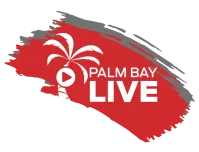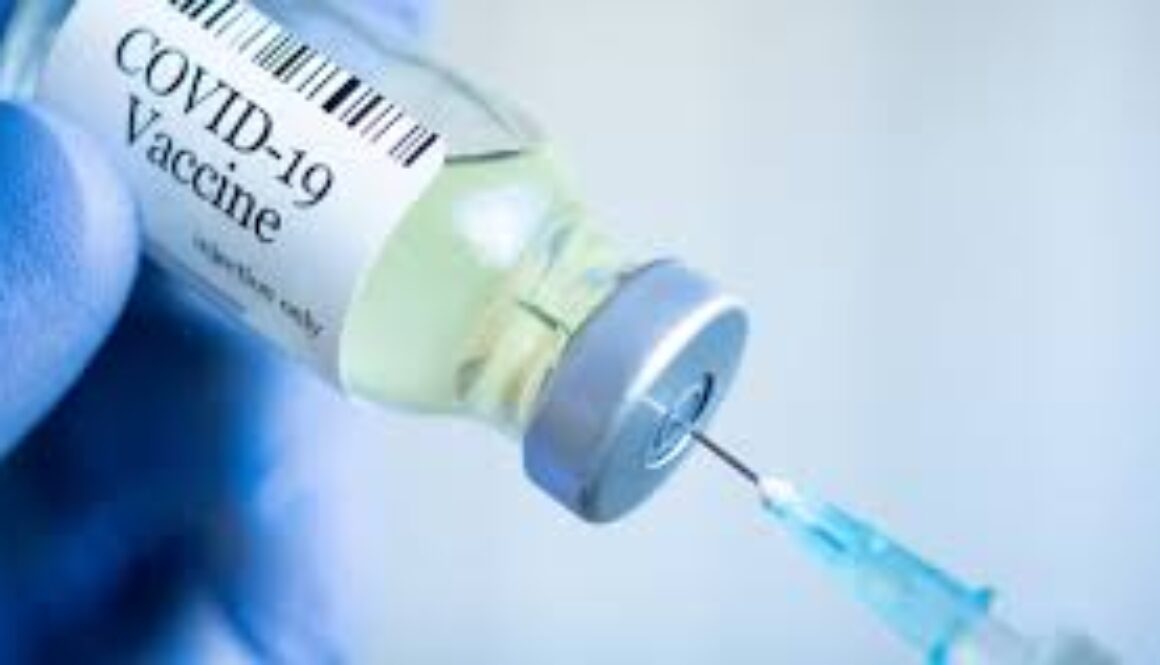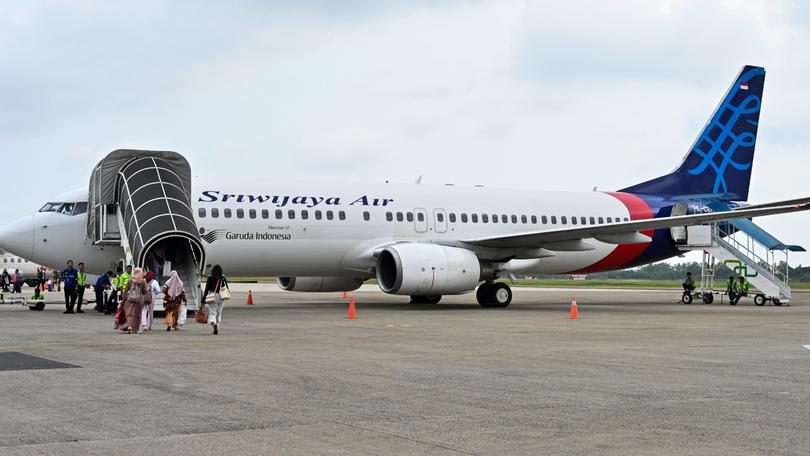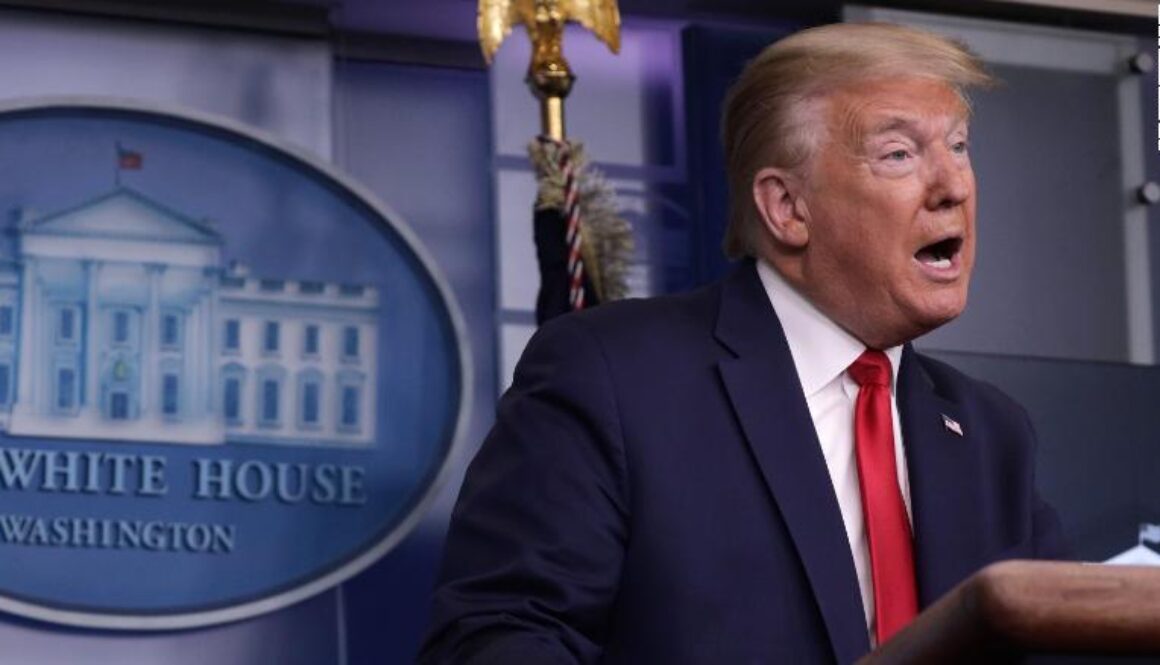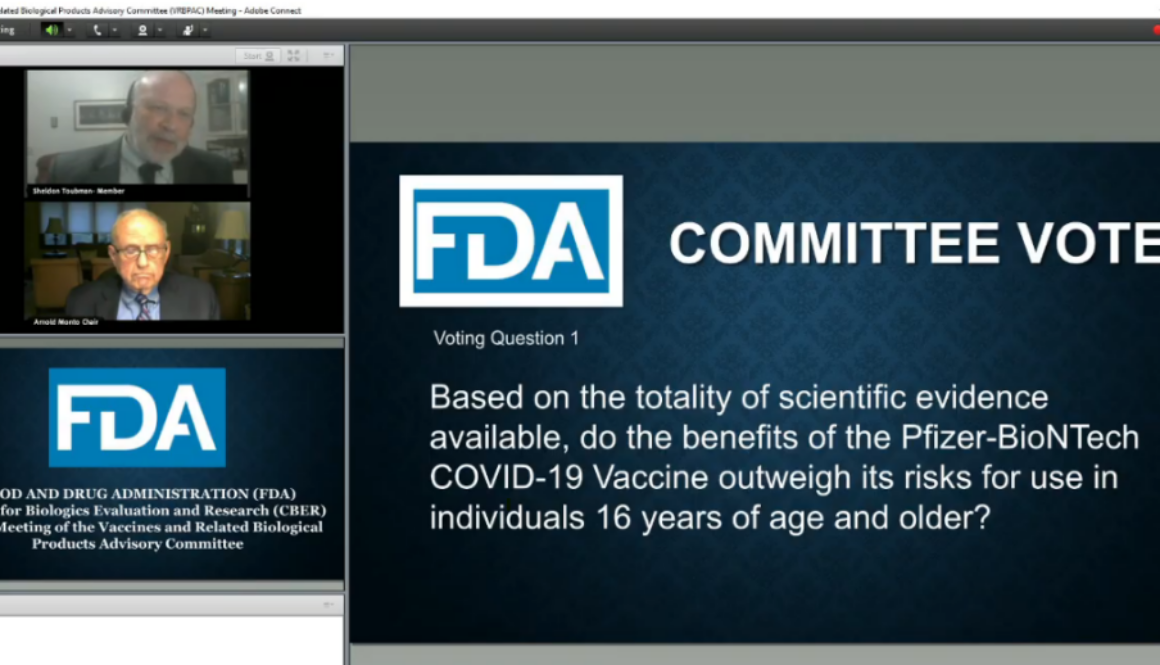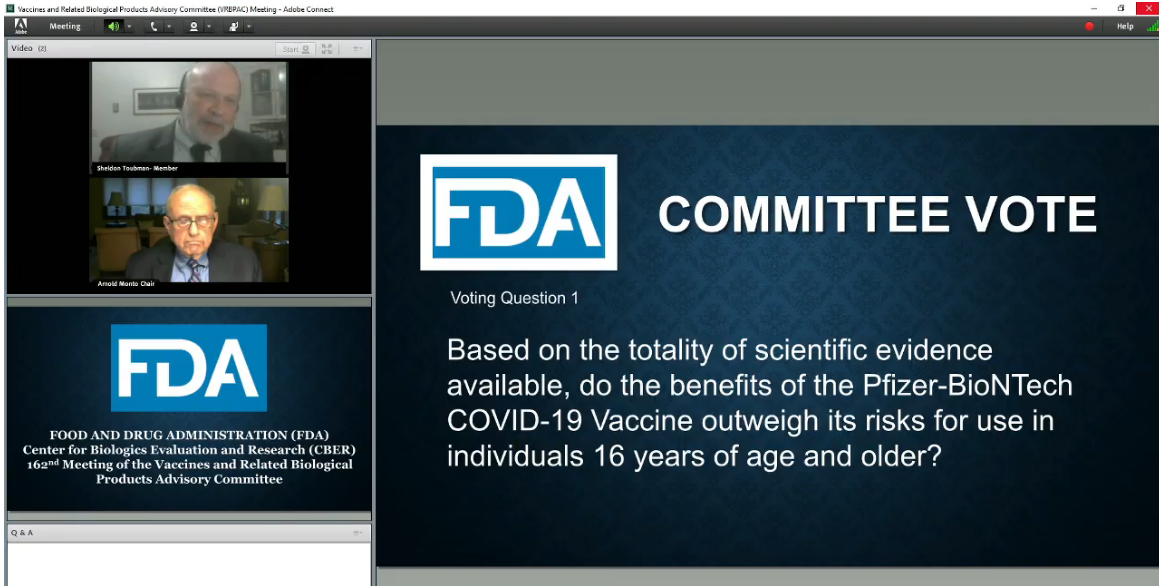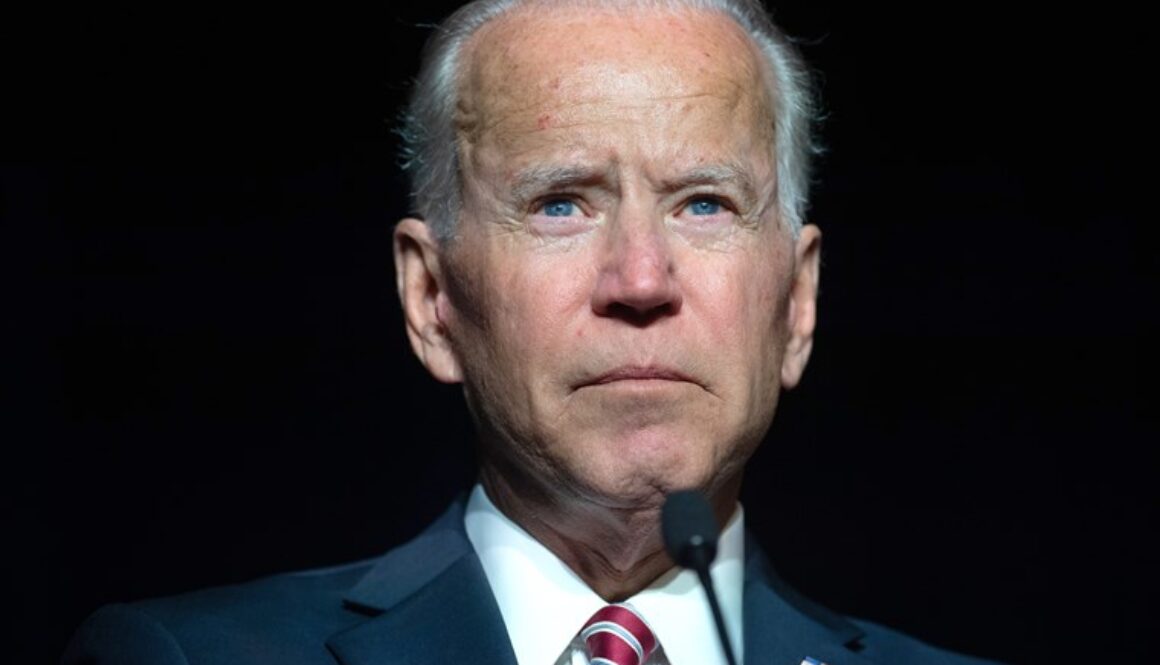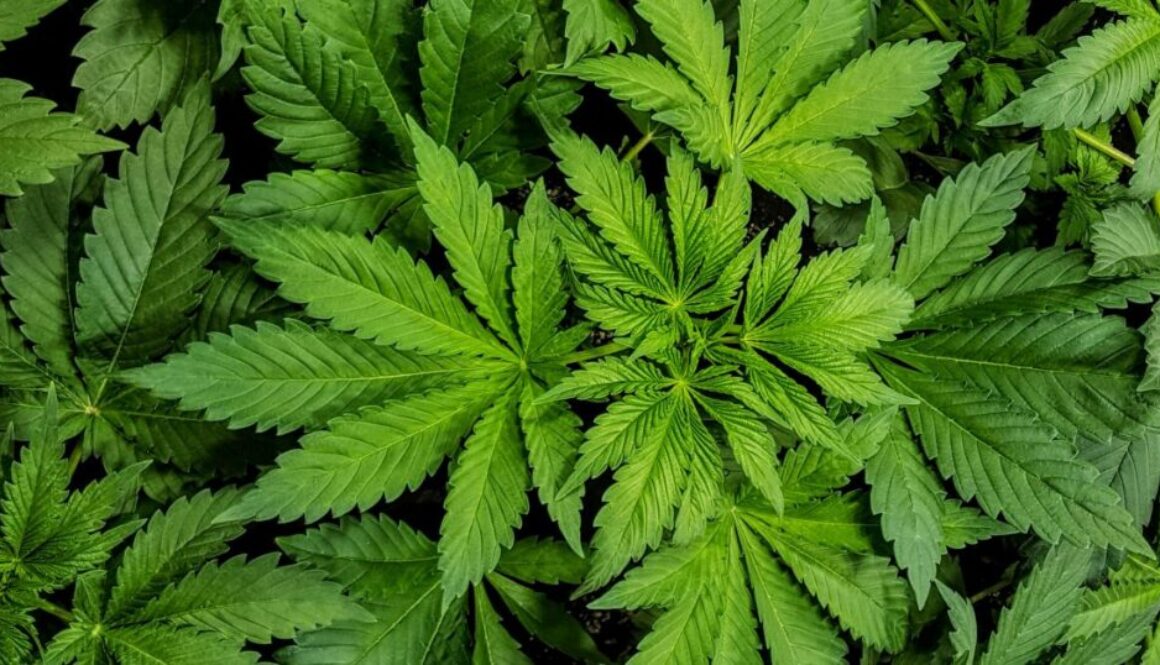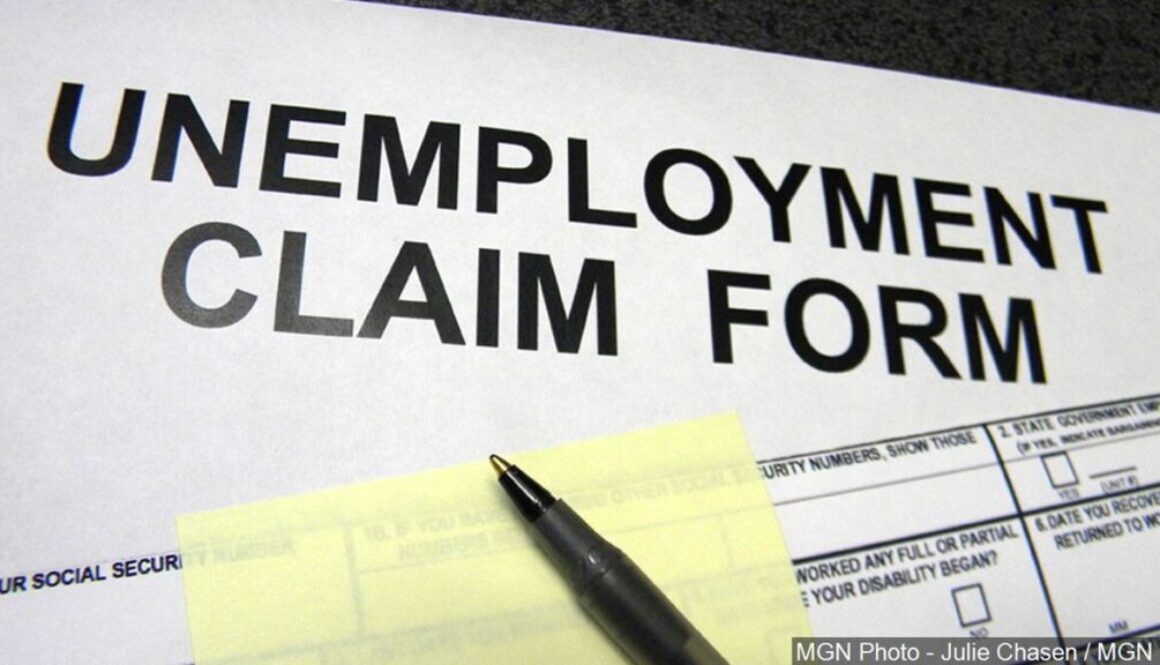Navy Veteran to be awarded in Palm Bay
This Thursday at the Palm Bay City Council meeting Deputy Mayor, Donny Felix, will present a flag to honor the service of Mr. Thomas Rebman.
Mr. Rebman served in the US Navy as an Engineering Officer from 1978 to 2001. After his military retirement he returned home to earn his Elementary Education bachelor’s degree and Reading master’s degree from Stetson University. In 2010, he began his teaching career.
He began in Brevard County as the MyOn Reading Director. He then began teaching in Palm Bay. During his 6-year tenure at Odyssey Charter School his students outperformed every other Palm Bay school in Civics.
Last year his students scored in the top 9% of the State of Florida. Not only does Mr. Rebman academically challenge students, he makes them better citizens.
He started his school’s Interact Club which is the high school equivalent of the local Rotary Club. Each year he recruits students for the American Legion Oratory Contest, Boys and Girls State, the Rotary Youth Leadership Camp, and many other student enrichment programs.
He also takes his students a couple of times a year to attend the Palm Bay City Council Meeting to teach them local civic engagement. He has organized and completed numerous community service projects with his students. These included Road Clean-ups, Nursing Home Visits, and other projects serving the community.
This Thursday at the Palm Bay City Council meeting Councilman Donny Felix will present a flag to honor the service of Mr. Thomas Rebman.
Mr. Rebman served in the US Navy as an Engineering Officer from 1978 to 2001. After his military retirement he returned home to earn his Elementary Education bachelor’s degree and Reading master’s degree from Stetson University. In 2010, he began his teaching career.
He began in Brevard County as the MyOn Reading Director. He then began teaching in Palm Bay. During his 6-year tenure at Odyssey Charter School his students outperformed every other Palm Bay school in Civics.
Last year his students scored in the top 9% of the State of Florida. Not only does Mr. Rebman academically challenge students, he makes them better citizens.
He started his school’s Interact Club which is the high school equivalent of the local Rotary Club. Each year he recruits students for the American Legion Oratory Contest, Boys and Girls State, the Rotary Youth Leadership Camp, and many other student enrichment programs.
He also takes his students a couple of times a year to attend the Palm Bay City Council Meeting to teach them local civic engagement. He has organized and completed numerous community service projects with his students. These included Road Clean-ups, Nursing Home Visits, and other projects serving the community.
